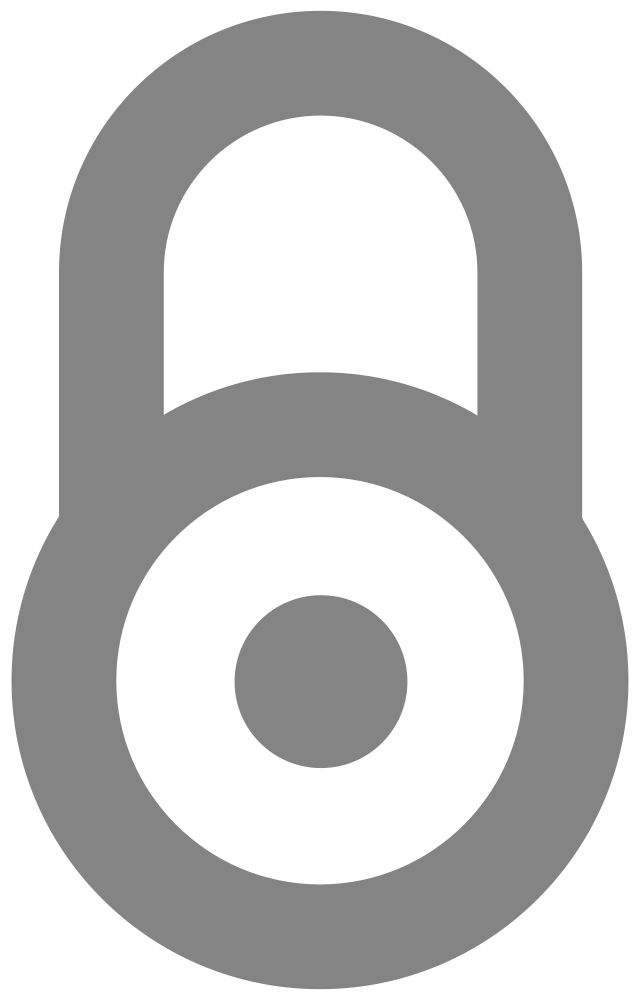| Abstract |
Affective functioning is central to most contemporary models of alcohol use. However, the affective structure at the within- and between-person levels is rarely investigated nor is the differential predictive value of specific affect dimensions assessed across state and trait formats. We examined a) the structure of state and trait affect using experience sampling methodology (ESM) and b) predictive associations between the empirically derived affect facets and alcohol use. Participants were 92 heavy drinking college students aged 18–25 who completed 8 momentary assessments of their affect and drinking a day for 28-days. We found evidence for a single positive affect factor at both the within- (i.e., state) and between-person (i.e., trait) levels. We found a hierarchical factor structure for negative affect, represented by a general, superordinate dimension as well as facet-level sadness, anxiety, and anger dimensions. Associations between affect and alcohol use differed across trait and state levels and across specific types of negative affect. Lagged state positive affect and sadness as well as trait positive affect and sadness were inversely associated with drinking. Lagged state anxiety and trait general negative affect were positively associated with drinking. Thus, our study demonstrates how associations between drinking and affect can be studied in relation to general (e.g., general negative affect) and more specific aspects of affective experiences (e.g., sadness versus anxiety) concurrently within the same study and across trait and state levels of assessment. |
| Authors |
Noah N. Emery  , Kasey Stanton , Kasey Stanton   , Susi Baumgardner , Jeffrey S. Simons , Susi Baumgardner , Jeffrey S. Simons  , Morgan A. Douglass , Morgan A. Douglass  , Mark A. Prince , Mark A. Prince 
|
| Journal Info |
Elsevier BV | Behaviour Research and Therapy , vol: 167
, pages: 104356 - 104356
|
| Publication Date |
5/26/2023 |
| ISSN |
0005-7967 |
Type |
article |
| Open Access |
closed

|
| DOI |
https://doi.org/10.1016/j.brat.2023.104356 |
Keywords |
Emotion Dynamics (Score: 0.552734) , Psychometric Models (Score: 0.523793) , Habit Formation (Score: 0.508777)
|